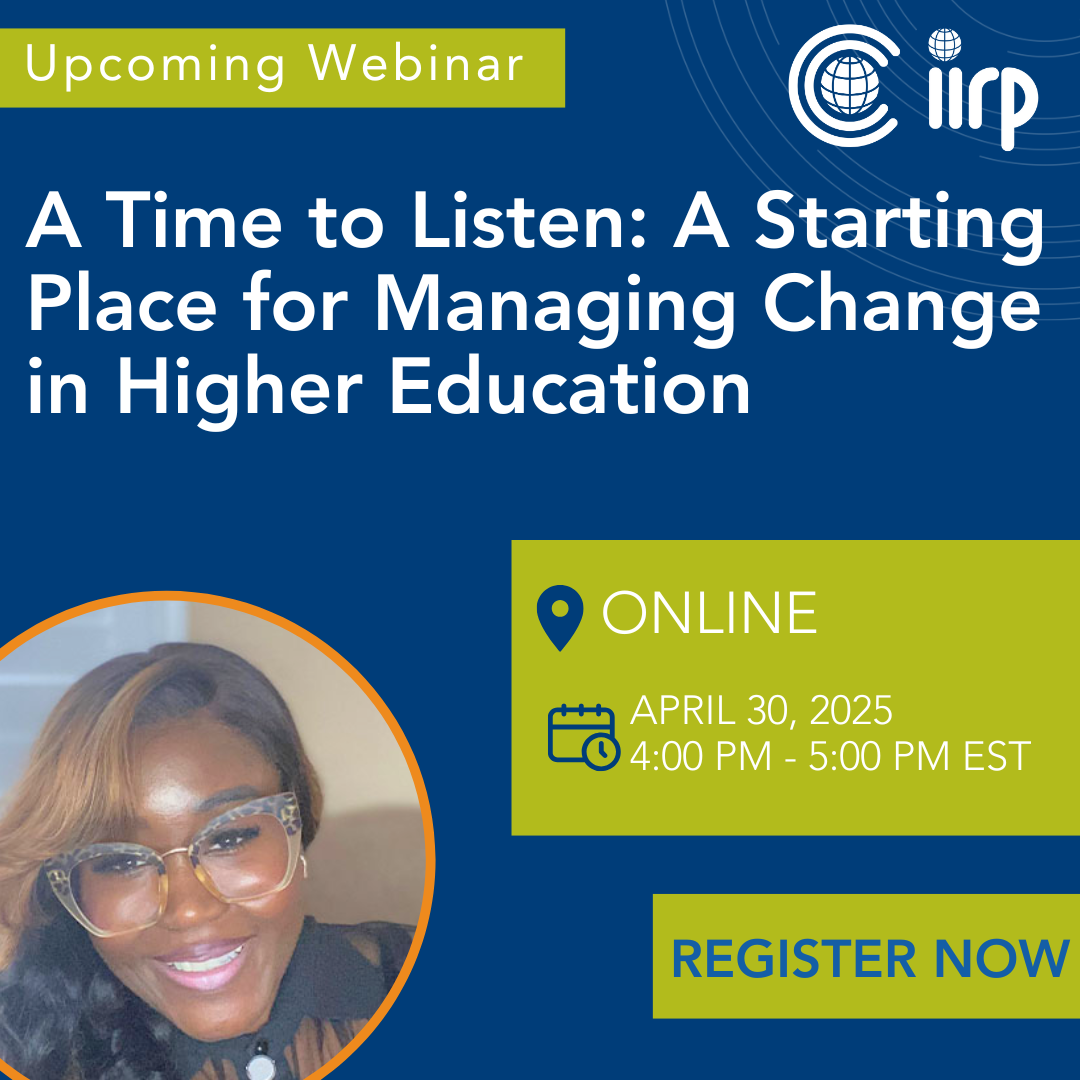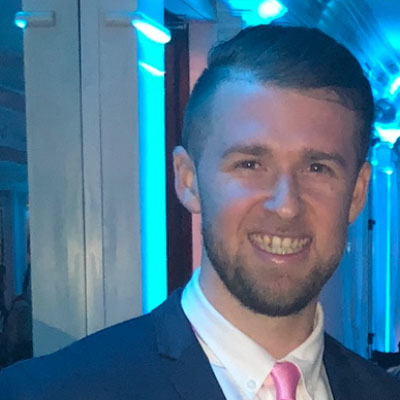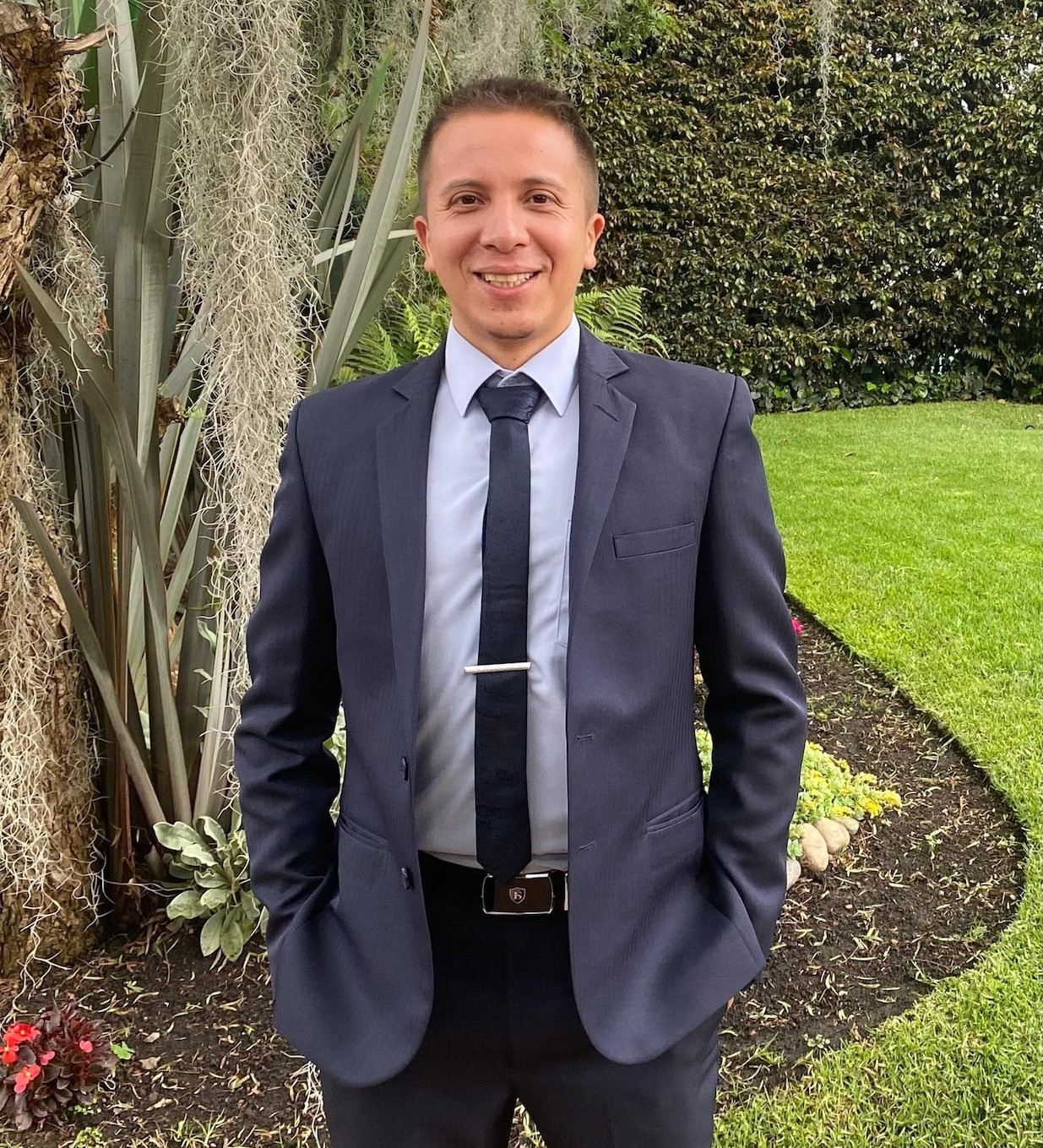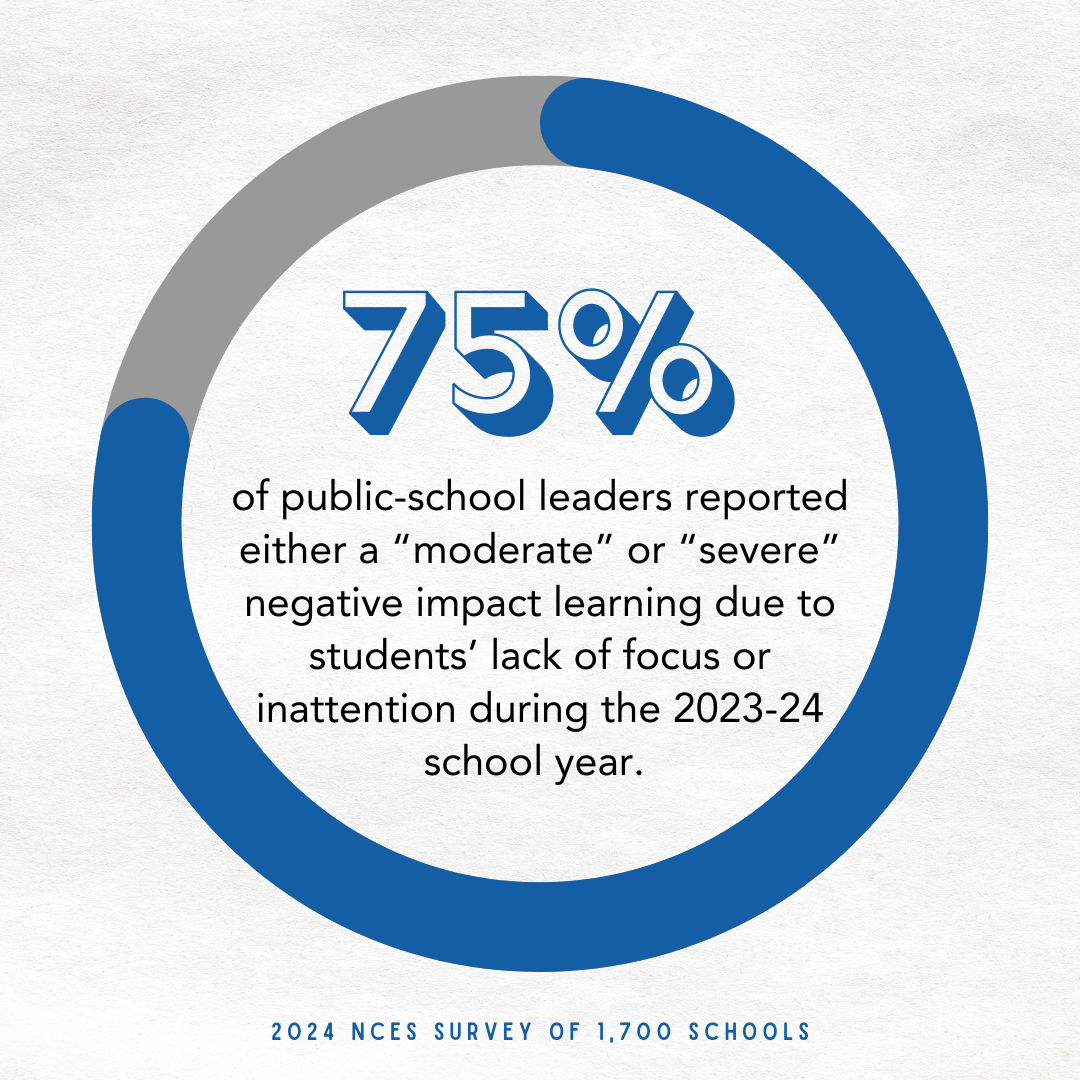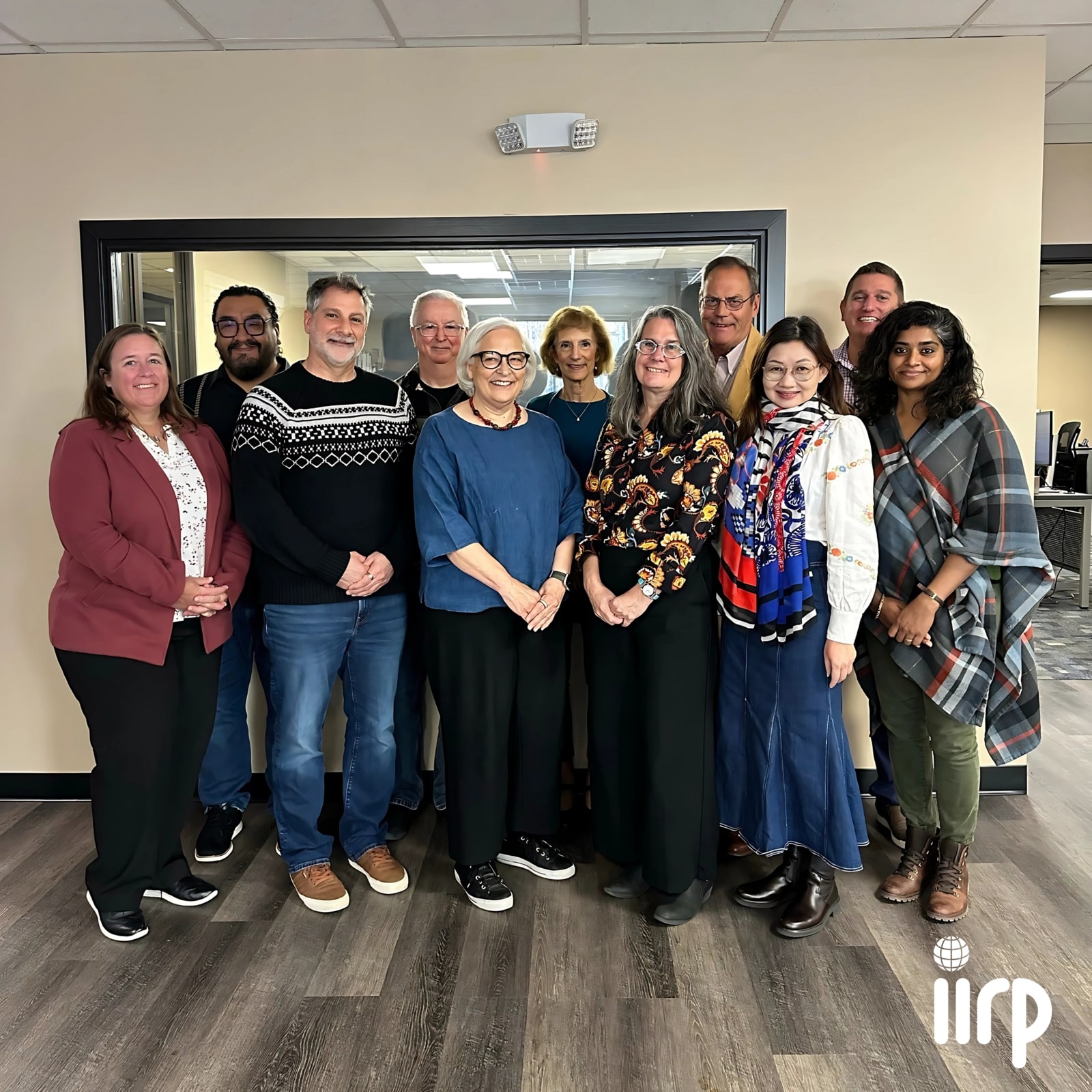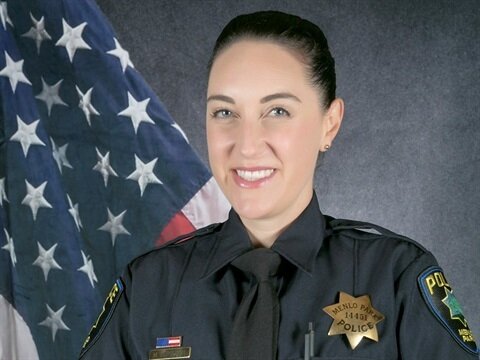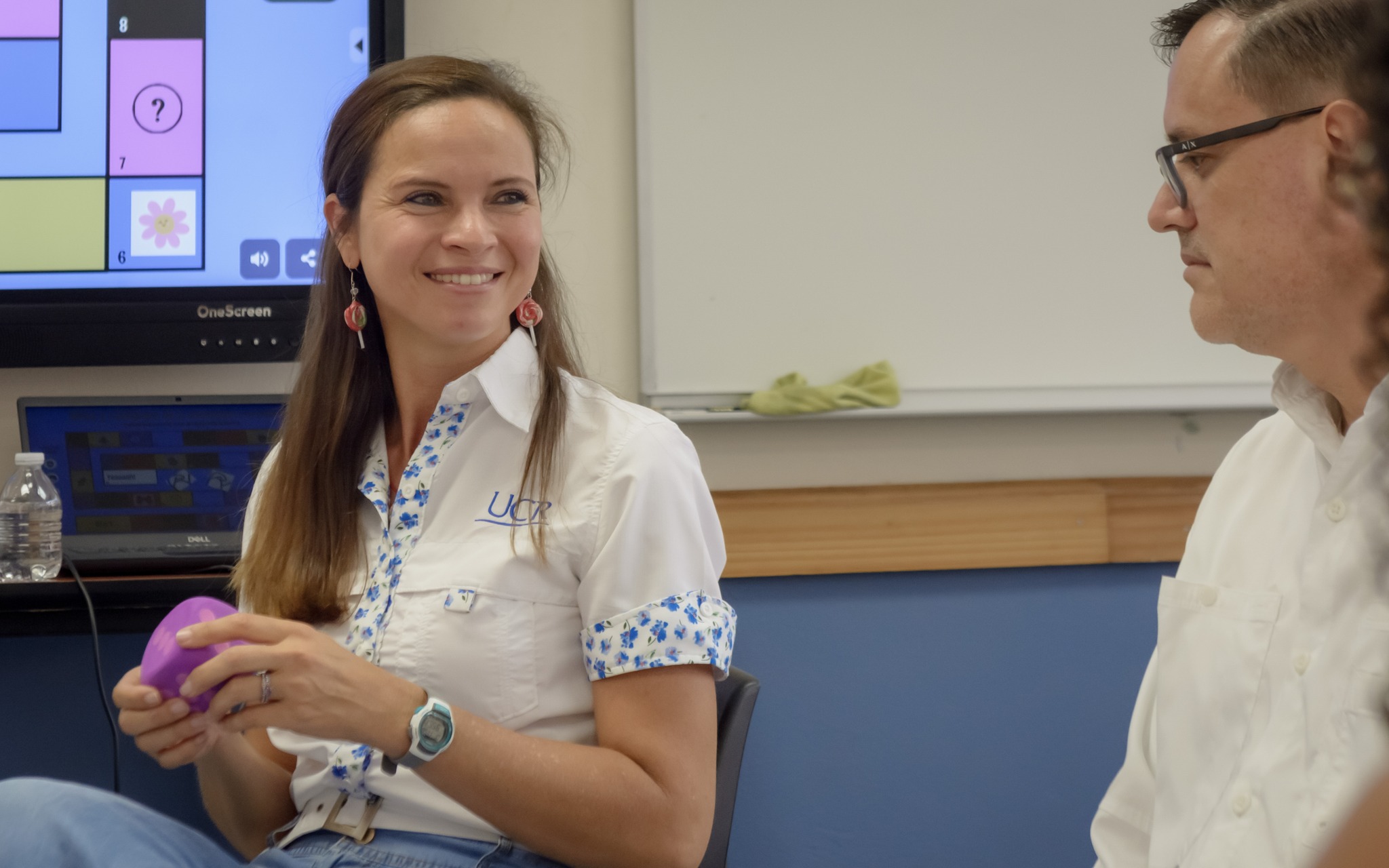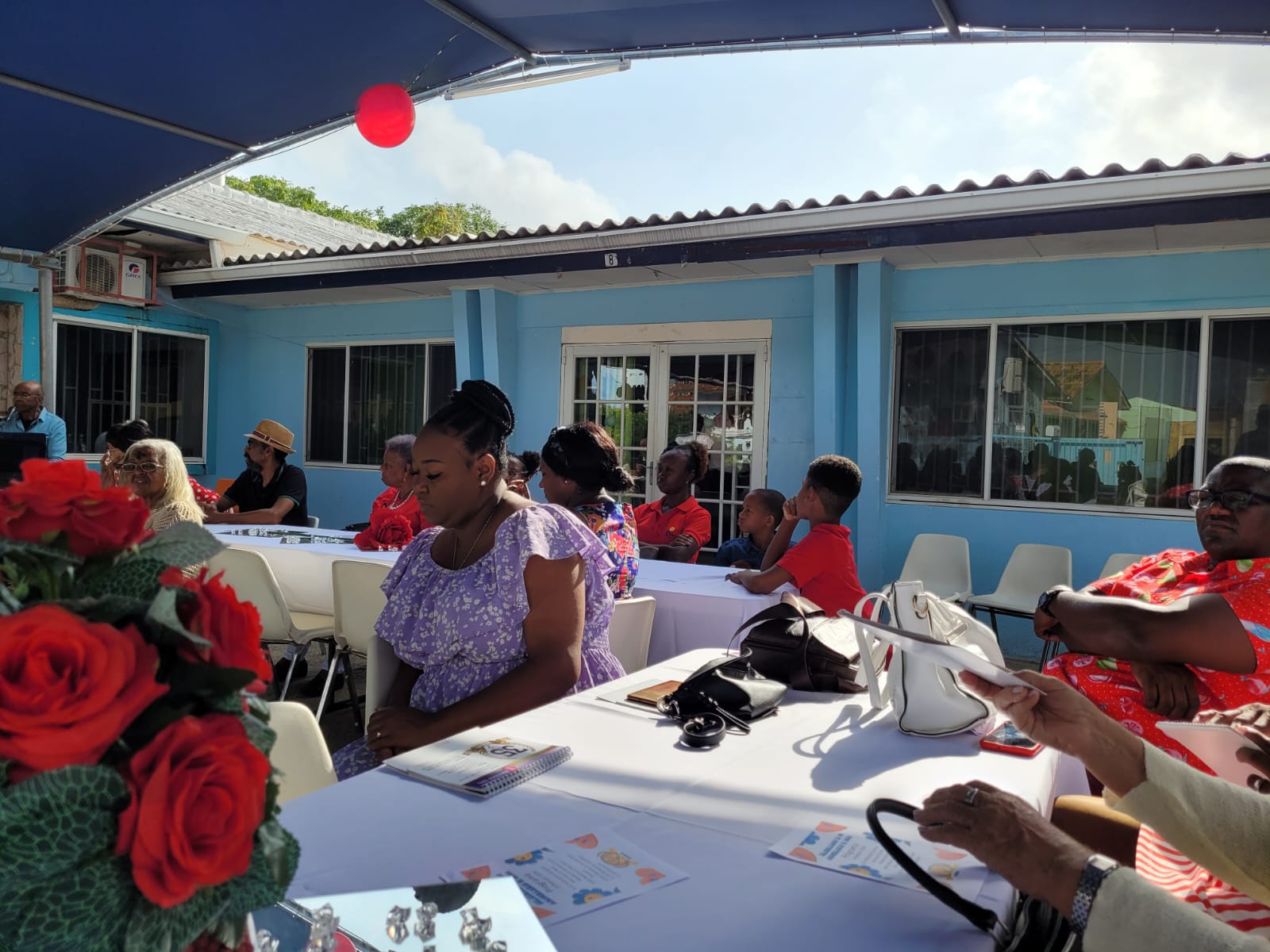News & Announcements
- Details
- Written by Kristin Oakley
The landscape of higher education is constantly shifting and changing, especially in recent times. The challenges that occur from these changes create ripples of impact and harm among faculty, staff, and students on campus. Listening circles can be a powerful tool for healing, restoration, and creating community understanding. During this webinar, we will dig into the importance of listening, empathy, and healing during times of change in higher education. This is more than just a webinar—it is an opportunity to learn, engage, reflect, and experience the transformative power of deep listening. We are all searching for a way forward—let’s start here, together.
- Details
- Written by Kristin Oakley
Highlighting the intersections of school-based justice, support, and restorative practices.
Thomas Levy is a current IIRP graduate degree student pursuing the thesis option. He currently serves as a school-based behavioral consultant supporting students with disabilities. His experience with this often underrepresented population of students provides him with a unique perspective on the intersections of support, discipline, and restorative practices. His passion for restorative practices and the minutiae of school-based justice has fueled the direction of his studies and thesis topic.
Q: What brought you to the IIRP?
A: During the 2014–2015 school year, I worked as dean of students in a zero-tolerance charter high school in Brooklyn, NY. Our administrative team at the time sensed that the students, staff, and families needed and deserved more than our disciplinary system offered them at the time. I was chosen as the team member who would attend a two-day IIRP event with the purpose of bringing the most relevant information back to key stakeholders. Two days was all it took to light a passion, one that has continued to burn unabridged for nearly 10 years.
Q: Please tell us about your restorative work now and what makes you passionate about it.
A: I currently serve as a behavioral consultant for a school district on Long Island, NY, where my work now primarily involves supporting administrators, teachers, and families in their work with students with disabilities. This specific population is particularly underrepresented in current restorative practices literature, and I am passionate about championing a supportive approach that intersects restorative principles with those established by behavioral science.
Q: What is your thesis focused on, and why did you choose to pursue this topic?
A: Over the last 12 years, school administrators – rather than elected officials – increasingly have final say over how school justice works at their respective campuses. Despite the prevalence of localized empowerment over school discipline, little is known about the justice process school administrators have constructed. My thesis focuses on understanding how administrative officials at a single elementary charter school make day-to-day disciplinary decisions regarding significant student infractions. By taking the reader through a detailed description of the process, from the immediate aftermath of a significant behavioral issue to – and through – a final decision being made, I hope to highlight the intricacies and complications inherent in justice and for these complications to ignite a more nuanced restorative conversation about school-based approaches.
Interested in learning more about the thesis option? Click to view the program overview and reach out to student services for more information.
- Details
- Written by Kristin Oakley
Working to heal a history of harm in Colombia with restorative practices
Daniel Rios is a current IIRP graduate degree student who works at the Council for Peace, Victims, and Reconciliation in Bogotá City Hall, Colombia, where he designs and implements restorative strategies to promote participation and reconciliation in communities affected by ongoing armed conflict. He also serves as a restorative practices facilitator at Human Partner, leading processes in school and community settings to foster positive relationships and promote nonviolence. In 2016 the government of Colombia signed a historic peace agreement with the largest guerrilla group in the country, the Revolutionary Armed Forces of Colombia (FARC). Despite this agreement, violence and its effects still ripple through communities across the country. Daniel discusses serving those affected by this ongoing political conflict, utilizing restorative practices to bring peace and reconciliation to victims, former insurgents, and the larger community.
- Details
- Written by Kristin Oakley
Leveraging restorative practices to increase student engagement
As schools across the United States continue to grapple with the lingering impacts of the COVID-19 pandemic on student outcomes, leaders in education have immense leverage with stakeholders in framing our approach to addressing persistent student and educator needs. This is highlighted in recent (2024) COVID-19-focused research from the National Center for Education Statistics (NCES). Summarizing survey responses from more than 1,700 K-12 schools in all U.S. states, the District of Columbia, and outlying areas, more than 25% of respondents reported that focus and attention issues amongst students had a “severe negative impact on learning” in the 2023-2024 school year. Agreement rose to 75% when including a “moderate or severe negative impact on learning.”
As many leaders have now internalized, thanks to Stanford University psychologist Carol Dweck's seminal work around growth mindset (2006), when we focus on variables within our locus of control, we curate a sense of agency and build a growth (as opposed to a fixed) mindset. Leaning upon this language, school leaders who treat focus and attention as social and emotional competencies to be fostered within rigorous and supportive school and classroom climates build agency among students and teachers. In contrast, those who persist in focusing on the negative impacts of the pandemic as having caused permanent damage to an entire generation of children risk undermining educators’ sense of agency, limiting our creativity in shaping our response and reinforcing deficit views of children.
In addition to treating focus and attention as skills that are responsive to instruction, a holistic and sustainable response to recent collective disruptions in schooling also requires that we better integrate the lived experiences of students as rich sources of curricular connection. These funds of knowledge (Gonzalez et al., 1992) are the heart of culturally responsive teaching practices and are reliant on schoolwide rituals and routines to build strong relationships with and between learners (teachers and students alike). The use of restorative practices in schools supports the curation of these funds of knowledge by bringing together the pieces needed to create a school climate where the collective experience is positive and built on mutual trust and a sense of safety.
Here, Zaretta Hammond explicitly reminds us of this connection:
Culturally responsive teaching is about tapping the schema, or the funds of knowledge, that the student brings in… As a teacher, I need to recognize, honor, and actually use students' funds of knowledge to make learning sticky… The reality is that all our students learned something during the pandemic. The problem is that we're not leveraging that. So, answering the question of how do we leverage that home-based or community-based learning becomes the starting point for how we get back to subject-area content. (Rebora, 2021).
Schools that are designed around the development of these relationships within our learning communities can curate these connections, increase curricular relevance, and sustain student focus and attention skills. Restorative practices are central to building, sustaining, and repairing these relationships within schools. The IIRP’s Whole-School Change program provides professional development to all educators and staff within a schooling environment, it seeks to give power back to the educators and students, that power that the pandemic had taken from them. Through instruction and coaching, it provides the basis for creating mental safety after coming out of a traumatic nationwide event. It provides a space where relationships can be formed and renewed with an increased sense of agency, choice, and inclusion. At the IIRP, our graduate education courses, continuing education opportunities, and Whole School Change program equip classroom, school, and district leaders with the skills needed to build agency with stakeholders, to continue to support each other in response to the unprecedented events of the COVID-19 pandemic, and to develop our institutional resilience in preparation for what is to come.
References
Berger, R. (2021, March 20). Our kids are not broken. The Atlantic. https://www.theatlantic.com/ideas/archive/2021/03/how-to-get-our-kids-back-on-track/618269/
De La Rosa, J. (2024, July 18). About one-quarter of public schools reported that lack of focus or inattention from students had a severe negative impact on learning in 2023-24. National Center for Educational Statistics. https://nces.ed.gov/whatsnew/press_releases/7_18_2024.asp#:~:text=Twenty-six%20percent%20of%20public%20schools%20reported%20that%20a%20lack,or%20more%20types%20of%20tutoring.
Dweck, C. (2006). Mindset: The new psychology of success. Random House.
Mann, M. J., Smith, M. L., Krisjansson. A. L., Daily, S., McDowell, S., & Traywich, P. (2021). Our children are not “behind” due to the COVID-19 pandemic, but our institutional response might be. Journal of School Health, 91(6), 447-450. https://doi.org/10.1111/josh.13016
Moll, L. C., Amanti, C., Neff, D., & Gonzalez, N. (1992). Funds of knowledge for teaching: Using a qualitative approach to connect homes and classrooms. Theory into Practice, 31(2), 132-141. https://doi.org/10.1080/00405849209543534
Rebora, A. (2021, December 6). Zaretta Hammond on equity and student engagement. Educational Leadership, 79(4). https://ascd.org/el/articles/zaretta-hammond-on-equity-and-student-engagement
Dr. Doug Judge is an Associate Professor at the IIRP with more than 25 years of experience in education, administration, large-scale implementation in schools, social work, and youth services. His career has focused on addressing systemic inequities in influential public institutions. He shares his reaction to a recent research study from the National Center for Education Statistics (NCES) on the impact of COVID-19 on student learning.
- Details
- Written by Kristin Oakley
The International Institute for Restorative Practices (IIRP), the world’s first accredited graduate school dedicated to the study and promotion of the field of restorative practices, welcomed a new member to its board of trustees with the appointment of Sethu Laxmi Nair. Sethu brings a depth of experience and knowledge around the practical use of restorative practices in conflict management and alternative dispute resolution.
- Details
- Written by Kristin Oakley
From Trust to Transformation: Sgt. Mary Ferguson’s Journey with Restorative Practices in Law Enforcement
Mary Ferguson is an IIRP student in the Master of Science in Restorative Practices program. She serves as Sergent in the city of Menlo Park, CA, Police Department. Prior to serving in her current position, Sgt. Ferguson was assigned as the first Juvenile Community Safety Officer for the Menlo Park City School District. That position also encompassed the role of School Resource Officer for all schools within city limits. She was tasked with developing and implementing juvenile diversion and truancy abatement programs while teaching a variety of classes to a diverse community. Initially, she faced significant obstacles, particularly the distrust some communities had toward law enforcement. Sgt. Ferguson said, “On my first day, a kindergartener ’oinked’ at me and flipped me off, a clear sign of the work ahead of me.” She persisted and, utilizing principles grounded in restorative practices, began to bridge the divide between the community and local law enforcement.
- Details
- Written by Kristin Oakley
Pathways to reintegration, reconciliation, and reducing recidivism
Diverting people from further involvement in the justice system serves the goal of most professionals in the justice field: to keep people in their communities and with their families. That is the focus of the diversion program, the Restorative Reporting Centers (RRC). The RRC is supported by Community Service Foundation, a model program of the IIRP. In partnership with Bucks and Lehigh Counties, Pennsylvania, this program has been in operation for 14 years and aims to reduce recidivism by holding youth accountable for their behavior, enabling them to make positive changes in their lives, and addressing the need for community safety. As an alternative to sending youth to residential placement, this community-based program allows them to remain home with their families and in their home schools.
- Details
- Written by Kristin Oakley
Change comes in many forms, the best of which are tailored to meet the specific needs of a community. Knoxville County Schools in Knoxville, Tennessee, which serves more than 60,000 students, took on the challenge of change, starting with five of their 94 schools. This commitment to change has made a tremendous impact on the dynamics of the relationships between parents and school staff, and students to their peers and teachers. The three middle schools and two high schools started their restorative practices implementation plan by first conducting a comprehensive gap analysis using systems thinking for each school. This approach to implementation is part of the IIRP’s Collaborative Application Consulting offering led by Koury Cook, Director of Organizational Development at the IIRP. Based on each school’s results, Cook developed individualized implementation plans to ensure a common thread of leadership training across all five schools.
- Details
- Written by Kristin Oakley
In our collective efforts to create a more just and civil society, we sometimes forget to look back at our accomplishments. We’d like to take this opportunity to recognize practitioners and organizations that are being celebrated in their communities for the impact of their work in schools, with women and families, and in justice settings.
- Details
- Written by Kristin Oakley
At Buxmont Academy, education awakens a profound change in students' lives and futures. Some students face significant challenges in traditional education settings. At Buxmont, those students have access to a lifeline. This institution goes beyond academics, offering personalized learning plans, behavioral health support, and mentorship to overcome obstacles and achieve their full potential.

Restorative Works Year in Review 2024 (PDF)
All our donors are acknowledged annually in Restorative Works.

